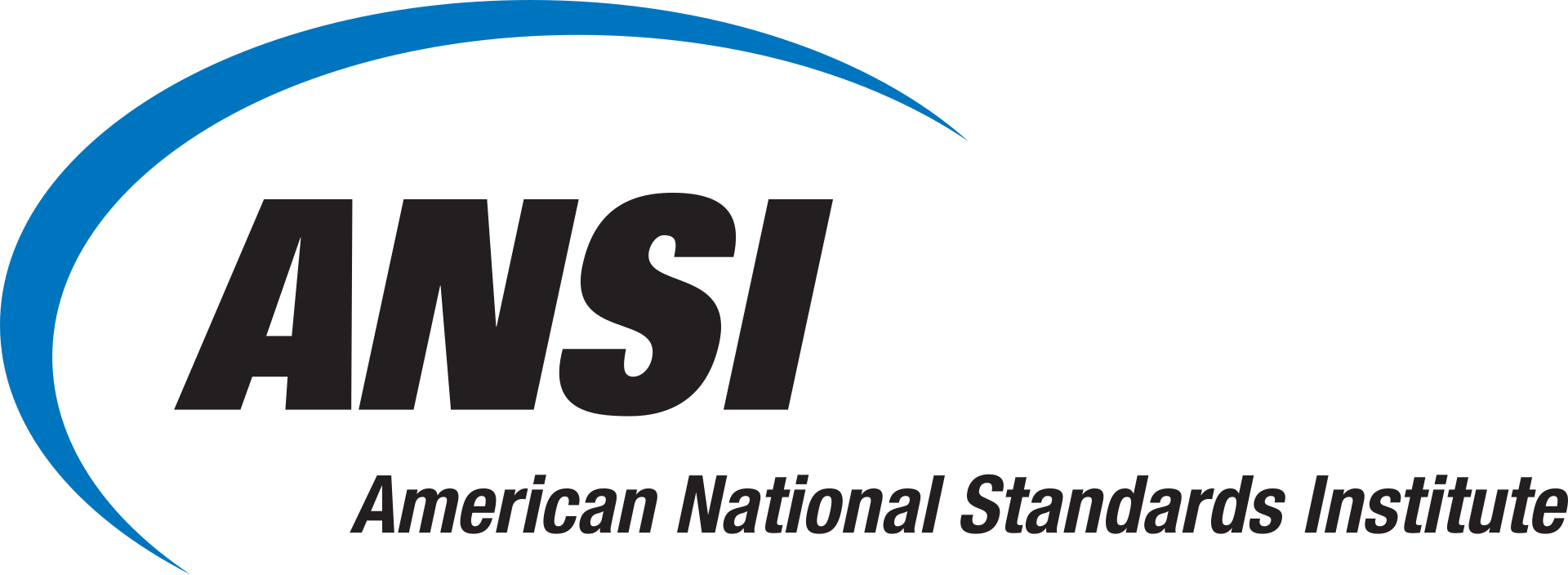How AI Is Transforming the Financial World

Artificial intelligence (AI) empowers finance teams to make smarter, faster decisions that drive value across the organization. Its data-processing capabilities and automation are being applied across several areas, from trading and fraud detection to credit scoring and customer service. It is perhaps no surprise that the global AI in finance market is projected to surge to $190.33 billion by 2030, growing at a compound annual rate (CAGR) of 30.6%. As AI transforms the financial industry, the need for robust standards becomes increasingly vital to assure alignment with regulatory and ethical expectations.
How AI is Transforming the Financial Industry: Fraud Detection, Algorithmic Trading, and More
AI is rapidly reshaping the financial industry, driving significant transformations across a wide range of operations, including:
Fraud Detection & Prevention
AI algorithms analyze vast amounts of transaction data in real-time to detect unusual patterns and flag potential fraud faster than any human could because they use machine learning to identify normal behavior and spot deviations. These systems can continuously learn and adapt to new and evolving fraud tactics, making them increasingly effective over time.
Algorithmic Trading
High-frequency trading bots use AI to make split-second decisions based on market data, news feeds, and predictive analytics. Algorithms execute trades in milliseconds based on predefined rules, volumes, and market data. They can exploit market inefficiencies faster than human traders and execute complex strategies automatically.
Credit Scoring & Risk Assessment
Financial institutions use AI to assess creditworthiness using alternative data, improving access to financial services. This technology uses a broader, more holistic set of indicators to create a more comprehensive and accurate picture of a borrower’s creditworthiness.
Personalized Financial Services
Chatbots, robo-advisors, and personalized banking apps powered by AI enhance customer experience and streamline operations. This improves efficiency by freeing up human staff for complex issues, provides customers with instant answers and tailored advice, and helps financial institutions reduce operational costs.
RegTech & Compliance Automation
AI helps institutions monitor compliance with regulatory requirements and flag violations proactively by providing real-time oversight, automating tasks, and using predictive analytics to identify risks. Unlike traditional manual methods, AI can analyze vast amounts of data at scale, reducing the time and resources needed to meet complex and evolving regulatory demands.
Challenges as Ethical Considerations as AI Advances in Finance
As AI takes on more roles in finance, concerns around transparency, bias, and regulation are growing:
- Black Box Models: Many AI systems are opaque, making it difficult to explain decisions—especially in regulated areas like lending.
- Bias in Data: AI can unintentionally reinforce existing biases, such as discrimination in credit or insurance decisions.
- Regulatory Gaps: Financial regulations often lag behind technological innovation, raising questions about accountability.
It is therefore crucial for institutions to invest in explainable AI, ethical frameworks, and governance to ensure responsible use of these technologies.
The Role of International Standards for AI in Finance
As AI becomes more embedded in financial systems, international standards are increasingly crucial for guiding responsible development, deployment, and oversight. These standards serve as a foundation for trust, interoperability, ethics, and compliance, especially in highly regulated industries like finance.
- ISO/IEC 22989:2022 – Artificial Intelligence — Concepts and terminology: Assures consistent definitions of AI terms across industries (e.g., commercial enterprises, government agencies, not-for-profit organizations). This document can be used in the development of other standards and in support of communications among diverse, interested parties or stakeholders. You can learn more about ISO/IEC 22989:2022 in our blog post: INCITS/ISO/IEC 22989:2022 (2023)— Artificial Intelligence Terminology.
- ISO/IEC 23053:2022 – Framework for AI Systems Using Machine Learning: Supports the design and operation of machine learning systems, including those used for credit scoring, fraud detection, or algorithmic trading. This standard document is applicable to all types and sizes of organizations, including public and private companies, government entities, and not-for-profit organizations, that are implementing or using AI systems.
- ISO/IEC 23894:2023 – AI Risk Management: Helps financial institutions assess and mitigate risks associated with deploying AI systems. It describes processes for the effective implementation and integration of AI risk management.
- ISO/IEC 38507:2022– Information technology – Governance of IT – Governance implications of the use of artificial intelligence by organizations: Provides guidance for members of the governing body of an organization to enable and govern the use of AI in order to assure its effective, efficient, and acceptable use within the organization.
These standards help organizations harmonize AI governance across borders and assure alignment with regulatory and ethical expectations.
AI and Finance Standards Packages
International standards provide the structure and guidance needed to deploy AI responsibly, assuring systems are secure, transparent, fair, and compliant. You can find ISO/IEC 22989:2022, ISO/IEC 23053:2022, ISO/IEC 23894:2023, and ISO/IEC 38507:2022 on the ANSI Webstore as well as in the following Standards Packages:






